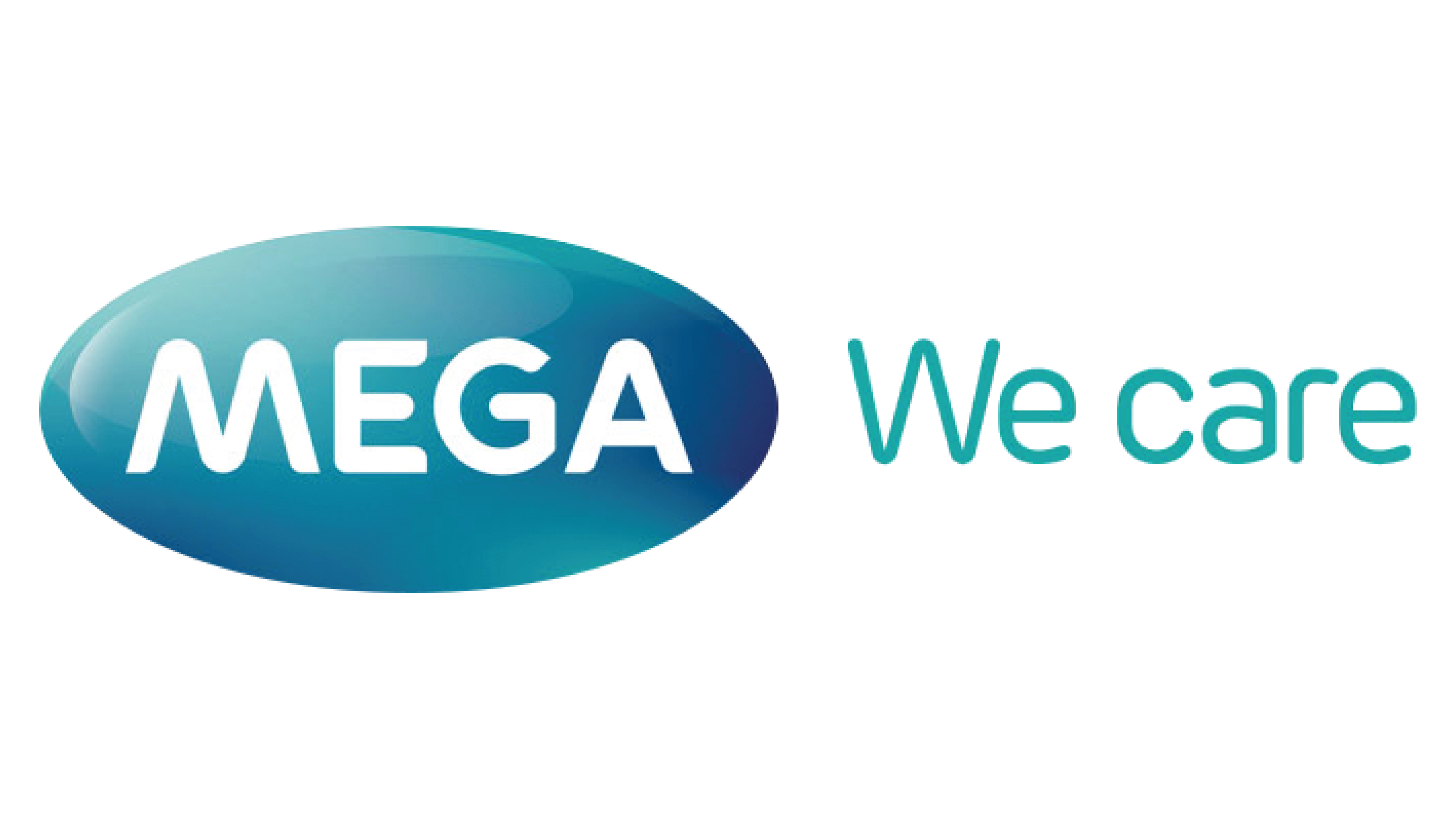Whether a vegetarian or an omnivorous, the meals you eat have a large impact on your waistline. Skipping your breakfast and having a heavy dinner is just the perfect recipe for weight gain. Usually people tend to eat heavy meal in the evening after which they are least active, whereas it should be the other way round.
Begin the journey of weight loss with plant-based whole food diet and you will be able to avoid the unnecessary stress associated with various strategies. These strategies include calories counting and food restriction, weighing yourself daily, avoiding carbs (as if it’s a disease), pre-planning every bite as per calorie while you eat, only having “x” number of meals a day, and ignoring your body’s hunger signals etc. With plant-based diet, the strategy is very simple, eat plant-based food and concentrate on only one goal to stay fit and healthy and lose weight naturally.
Weight loss can be easily achieved if your meals include vegetables, fruits, whole grains and beans. Avoid foods that are high in fat and devoid of fiber. Increase the intake of food that is high in fiber and low in fat. The low fat plant-based diet approach is easy and safe way to reduce weight. It not only helps to reduce weight but also improves cholesterol, blood pressure, blood sugar levels and helps in proper digestion.
More than 1.4 billion adults are overweight and are at risk of Type2 diabetes, heart disease and certain forms of cancer. With plant-based diet you can lose weight without counting calories and implementing new exercise regime.
It is always hard to start anything; be it a diet or new exercise regime or any new healthy habit. To start your weight loss journey, these tips can be helpful:
- Fill-up with fiber: You should aim to for 40 grams of fiber everyday which is easily available in basic vegetables, fruits, whole grains and legumes.
- Eat your greens: Go for spinach salad, lettuce wrap or bok choy (Chinese cabbage) stir fry. Green smoothies and juices are also popular.
- Plan ahead: You should plan your meals way ahead. Stock your refrigerator, desk and travel bag with helpful options. Always remember that apples, oranges and bananas are the original fast foods.
- Shop for the nutrition rainbow: Your body has natural tendency to drawn towards colorful antioxidants , which helps you to add more orange, yellow, green, white, blue, red and purple foods into your daily diet.
- Hydrate: Keep yourself hydrated with 8 glasses of water per day. Add water packed foods like cucumber, watermelons, apples, carrots, tomatoes etc to your diet. It helps to regulate the body temperature and metabolize fat.
Nutrient component of Plant-based diet:
Protein: Contrary to the belief, plant food is a rich source of protein. Some of the important plant –based protein sources includes beans or lentils (especially in combination with rice or other grains) and meat analogues, such as veggie burgers. It is also found in most vegetables, legumes and grains. The recommended amount of protein per day is 10-12 percent of calories which is widely available.
Calcium: Plant-based calcium sources include broccoli, kale, collards, mustard greens, beans, figs, fortified orange juice, fortified cereal, and fortified non-fat soy or rice milks.
Vitamin B12: Vitamin B12 is only found in fortified foods like some breakfast cereals, soymilks etc. To ensure adequate intake of Vitamin B12, you can go for a common multi vitamin or a B12 supplement of 5 micro grams per day.
Foods to avoid:
- Meats, poultry, fish, eggs and all dairy products including milk, yogurt, cheese, butter, ice cream, cream, sour cream etc.
- Cooking oils, added oils like margarine, salad dressings, mayonnaise etc.
- Fried foods like potato chips, French fries, onion rings, tempura and donuts.
Plant-based diet suggestions for weight loss:
- Hot cereals: oatmeal, cream of wheat, creamy rice cereal, grits, or Irish oatmeal with cinnamon, raisins and/or applesauce (no milk)
- High-fiber cold cereals: wheat or oat bran cereals with non-fat soy or rice milk and berries, peaches, or bananas
- Melons, such as cantaloupe and honeydew, or any other fruit
- Whole grain toast topped with cinnamon or jam (no butter or margarine)
- Bagels (no cream cheese) topped with apple butter or hummus
- Oven-roasted “home fries” plain or smothered with roasted mushrooms, peppers, and onions
For extra protein: Fat-free meat substitutes, such as Gimme LeanT fat-free “sausage”, English baked beans or chickpeas , Breakfast burrito filled with fat-free refried beans, lettuce, and tomato (no egg or cheese), Tofu scrambler or marinated tempeh in small amount
Salads: Green salad with lemon juice with fat free dressing or soy or teriyaki sauce; Legume based salads with three-bean, chickpea, lentil, or black bean and corn salad; grain-based salads with noodle, couscous, bulgur or rice salads.
Soups: Vegetable based soup like potato-leek, carrot –ginger, mixed vegetable or mushroom barley; legume-based soups like black bean, vegetarian chili, spinach lentil, minestrone or split pea; instant or prepared soups (low fat and free of animal products).
Sandwiches and wraps: Cucumber, lettuce and Tomato sandwich with Dijon mustard; Hummus sandwich with whole wheat pita with grated carrots, sprouts and cucumbers.
Desserts: Fresh fruit. Fat-free chocolate or fruit sorbet, popsicles, baked apples.
Try to add new foods and new tastes to your diet. Explore new recipes, cook books and new products. Start a new journey with plant-based whole diet and reduce those extra kilos; keep yourself fit and live a healthy disease free life.








